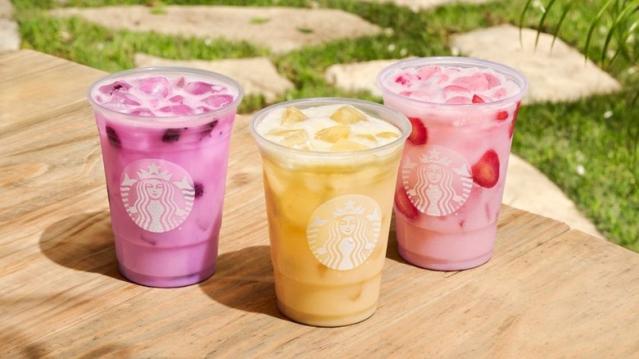Starbucks Faces Lawsuit Claiming Lack of Real Fruit
In a landmark ruling, Starbucks has been directed to address allegations suggesting a disparity between the ingredients of its Refresher beverages and their advertised fruit content.
Judge John Cronan of the U.S. District Court for the Southern District of New York deemed there was enough basis to proceed with nine of the 11 claims presented in the class-action lawsuit. The contention: many Starbucks Refresher drinks were potentially misleading to a sizeable fraction of consumers who expected them to contain the fruits mentioned in their titles.
Filed in August 2022, the lawsuit argues that Starbucks, a renowned global coffee chain, might be perpetrating misleading marketing tactics regarding some of its Refresher offerings. Specifically:
- Mango Dragonfruit Varieties – alleged absence of mango.
- Strawberry Açaí Drinks – possible omission of açaí berry.
- Pineapple Passionfruit Options – reported lack of passion fruit.
Joan Kominis from Astoria, New York, and Jason McAllister of Fairfield, California, representatives of the plaintiffs, voiced concerns that these drinks’ primary constituents were merely water, grape juice concentrate, and sugar. Their core argument is that Starbucks has consistently been transparent about ingredients in other products; for instance, its hot chocolate indeed contains cocoa. However, when it comes to the contentious beverages, while they feature freeze-dried bits of strawberries, pineapple, and dragon fruit, there’s no clear indication of which advertised fruits are genuinely present.
Consumers, led by Kominis, allege they were swayed into purchasing these products at higher prices due to their names and felt deceived upon discovering the absence of the specified fruits. Starbucks, in its defense, claimed the fruit names on the Refreshers were more indicative of flavor profiles rather than actual ingredients. But Judge Cronan wasn’t convinced, highlighting that terms like ‘mango,’ ‘passionfruit,’ and ‘açaí’ typically imply the presence of the actual fruit and not just the flavor.
While two allegations were dismissed, the other nine will be tried in court, with potential damages exceeding $5 million.




